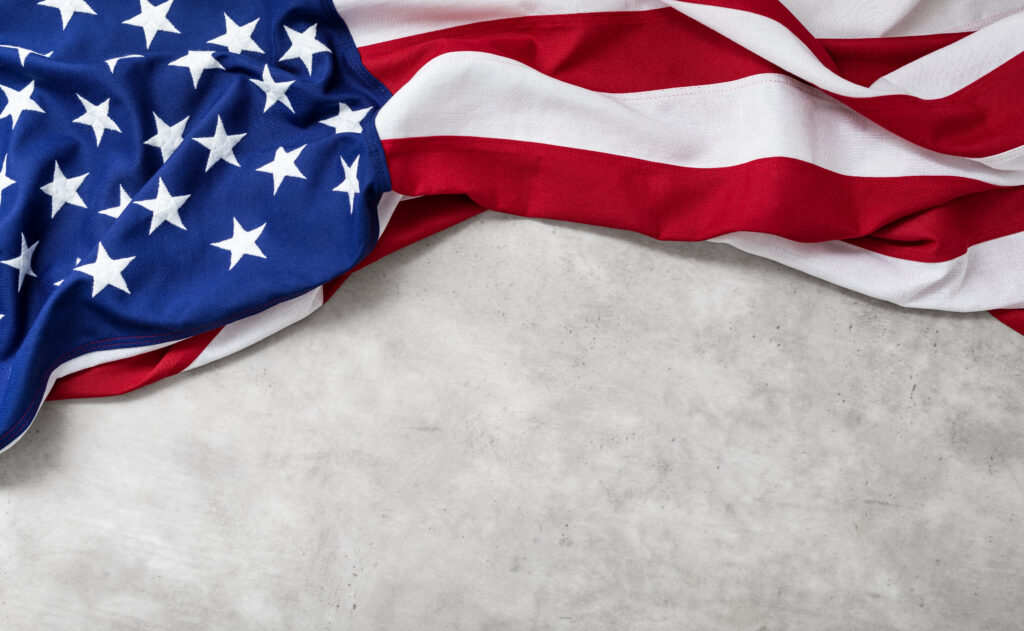In the near past, however, numerous assertions were made by both Donald Trump and Kamala Harris regarding the alleged manipulations of the voting process. These remarks often without credible evidence erode the very nature of the public trust in the electoral process but also pose a threat to the rule of law by dismissing established legal mechanisms.
In recent electoral cycles, the rhetoric surrounding elections has drastically evolved, with significant implications for the rule of law. For instance, Kamala Harris made statements that some critics argue could mislead voters regarding the accessibility of voting methods and alleged voter suppression. This can lead to a narrative of victimization that affects public sentiment and voter turnout. It’s not uncommon practice, however, to use any chance to get an advantage in the election process, even at the expense of deliberate over-generalization.
Donald Trump, too, tried and somewhat succeeded in using populism at the cost of people’s ignorance; his rhetoric was emphasized by the so-called “battle” against corrupt institutions. This perspective resonated with many voters who felt disillusioned with the political establishment, leading to heightened emotional engagement in the electoral process. This also marked a way of simultaneously polarizing public discourse and undermining nuanced understanding of complex legal issues related to elections.
In such an open political stance, it’s the citizens who pay the price. Misleading statements can create an environment where they question the motives of electoral institutions and processes, cascading from distrust to widespread fear of the subjectively unpleasant election result. The interplay of perspective doesn’t help either. While the concept of the rule of law serves as a foundational pillar for democratic societies, it too can be flirted with. The political parties deliberately use the created dynamic of trust and fear to push agendas and win votes. Regardless of that, it is the voter whose perception of legitimacy matters. If a critical number of voters challenge the legal outcome of the election, then no matter who is a winner on paper, everyone loses.
The problems of populism, distrust, vote manipulation and victim narration are not present only in the United States of America. Corruption, misinformation and voter suppression are concerning obstacles in every society.
Despite these challenges, some critical observations can be made. On one hand, the political rhetoric is purposely elusive in undermining the institutions, but on the other hand it’s fairly obvious how reinforcing the alleged breaches of the principles of law are an influence to weakening the democratic fabric of the system. It is more than crucial to remember that ensuring that democracy is not merely a procedural requirement but a reflection of the collective will and rights of the people. The pursuit of electoral integrity is a continuous journey that demands vigilance, commitment, and resilience from all members of society.
[1] See more in Election Law in the American Political System (Aspen Casebook) by James A. Gardner, 2012, Wolters Kluwer








